Блог
-
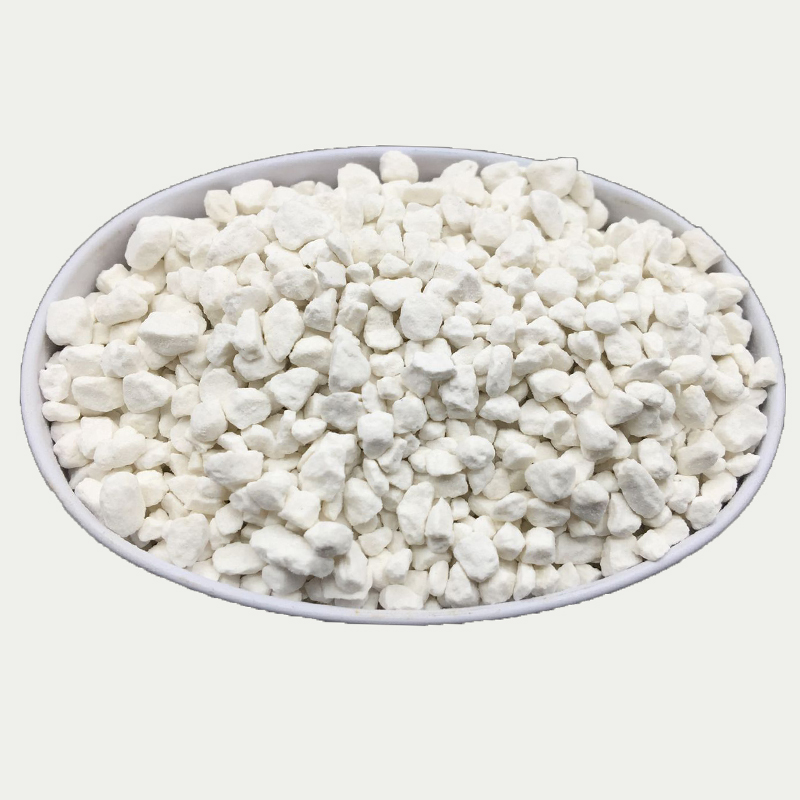
Potassium depletion in soil threatens global crop yields
Potassium deficiency in agricultural soils is a largely unrecognised but potentially significant threat to global food security if not addressed, say researchers.The lack of this key nutrient can inhibit plant growth and reduce crop yields. Farmers often spread potassium-rich fertilisers over their fields to replenish the depleted nutrient, but supply issues can inhibit its use and there are also questions about the environmental impact. The new study, published in Nature Food, finds that in many regions of the world, more potassium is being removed from agricultural soils through leaching or when crops are harvested. The authors from the UK Centre for Ecology & Hydrology (UKCEH), the University of Edinburgh, University College London and the Institute of Environmental Assessment and Water Research in Spain make a series of recommendations to tackle the issue.Цааш унших -
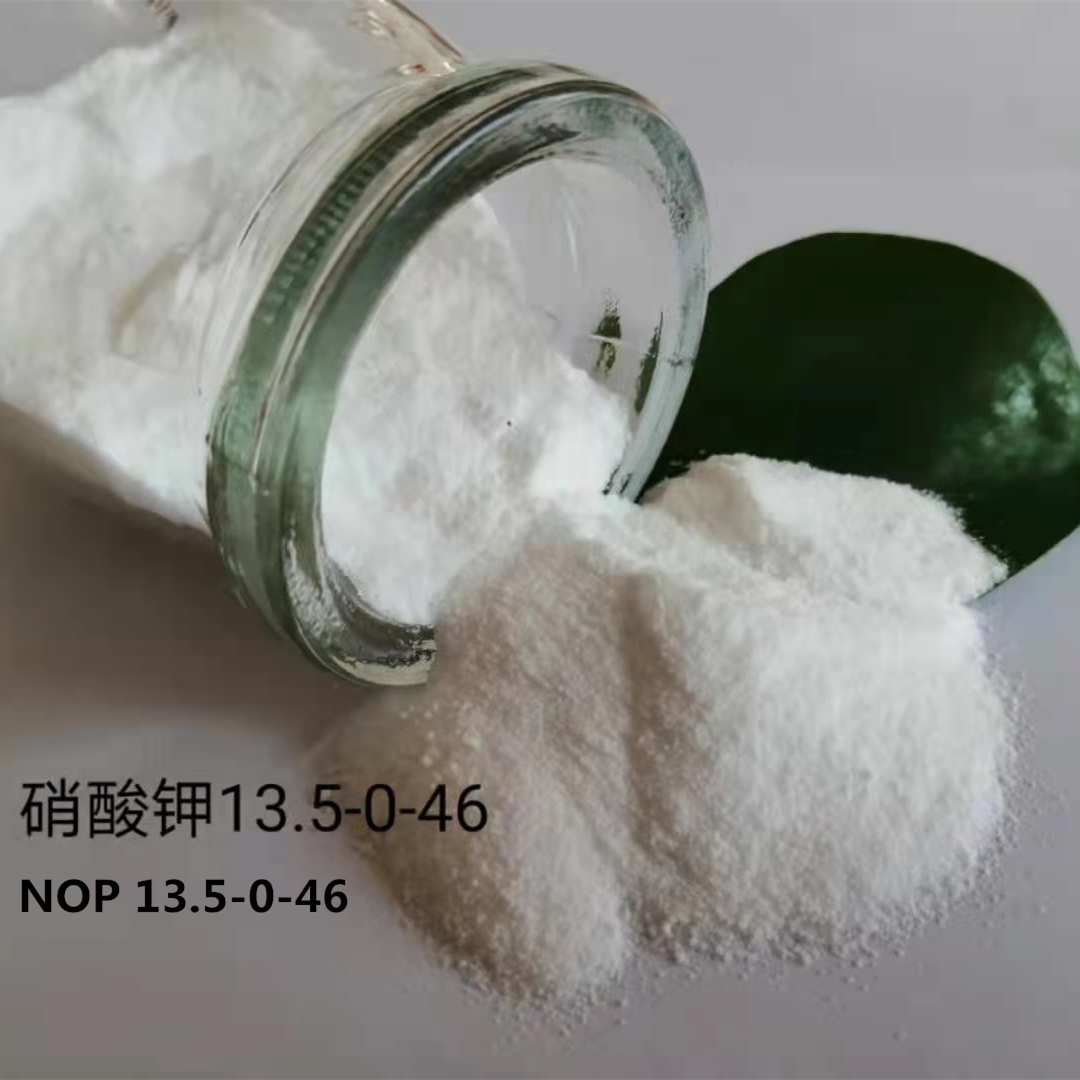
What is Potash? – The Whole Story
The UN says that in 2021, there will be around 690 million hungry people on the planet which accounts for 9 percent of the world’s population. Global food security is especially of concern looking forward as the world population is expected to increase by about 35 percent over the next 40 years.Agricultural output will need to significantly increase to feed the growing population. As available land for expanding agriculture is scarce, increased food production will come only from increasing productivity per hectare, which will require optimum and balanced fertilizer use.Boosting crop yields can be achieved by the implementation of balanced fertilization practices, which will also ensure the preservation of soil fertility and the sustainability of the farm systems.Цааш унших -
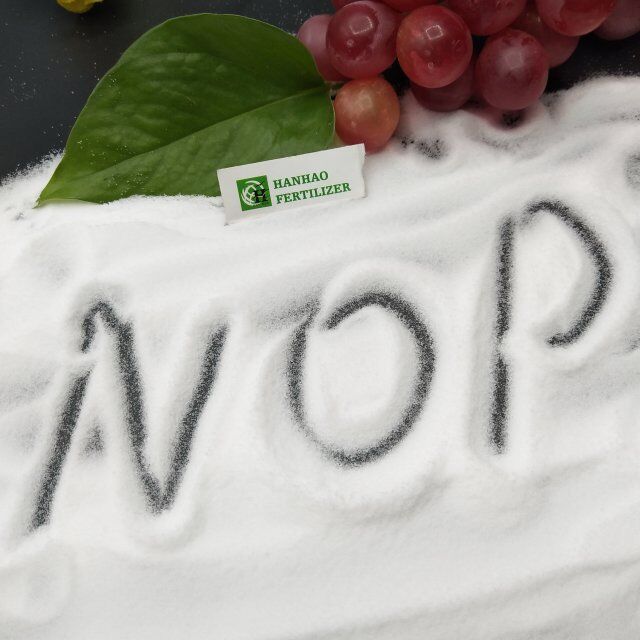
The Importance of Potassium Fertilizer
Potassium (K) is one of the 17 essential nutrients required by plants for growth and reproduction. Like nitrogen (N) and phosphorus (P), potassium is classified as a macronutrient. The term “potash” refers to a group of potassium bearing minerals and salts. There are multiple potassium fertilizer sources, expressed in units of K₂O on fertilizer labels, such as muriate of potash (KCl), sulfate of potash (K₂SO₄), double sulfate of potash and magnesium (K₂SO₄ 2MgSO₄), and nitrate of potash (KNO₃).Цааш унших -
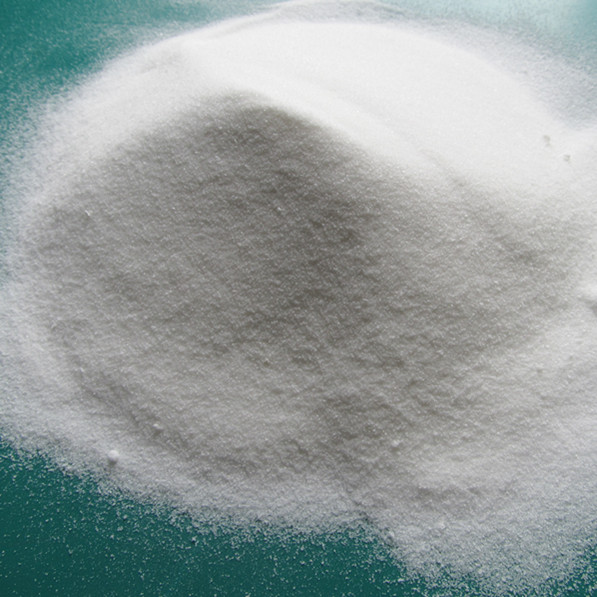
What is Potash?
Fertilizer potassium is sometimes called “potash,” a term that comes from an early production technique where potassium was leached from wood ashes and concentrated by evaporating the leachate in large iron pots (“pot-ash”). This practice is no longer practical and is not environmentally sustainable. In food production, potassium is removed from the soil in harvested crops and must be replaced in order to maintain future crop growth.Over 350 million years ago, the huge Devonian Sea was slowly drying up in the area of Central Canada and northern U.S., leaving behind concentrated salts and minerals. This process continues today in places such as the Great Salt Lake and the Dead Sea. These ancient marine salts are now recovered and used in a variety of useful ways, with the majority being used as potassium fertilizer.Цааш унших -
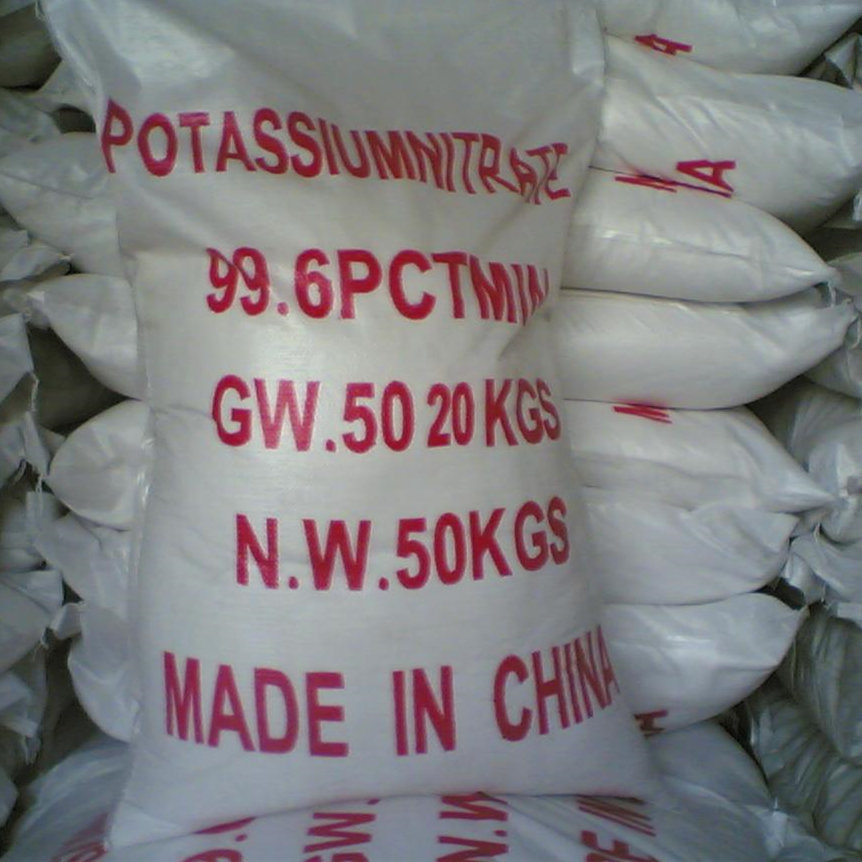
Potash Fertilizer: Is There a Problem?
In a publication brought to the public’s attention by news release from the University of Illinois several weeks ago, S.A. Khan, Richard Mulvaney and a colleague in the Department of Natural Resource and Environmental Sciences at the University of Illinois challenged a number of basic tenets of soil fertility, especially practices related to use of potassium (K) fertilizer. Citing hundreds of references and thousands of reported studies, they asserted that: K fertilizer is generally unnecessary in soils like most of those in Illinois; the soil test is not a reliable way to know how much K the soil will supply to a crop; K used as fertilizer can cause crops to have lower nutritional value; using K fertilizer can damage soil structure; and potassium chloride (KCl), which is the most commonly-used (and lowest-cost) K fertilizer material, is harmful to crops.Цааш унших -

Potassium Fertilization in Crop Production
Potassium (K) is one of 17 nutrients that are essential for plant growth. Like nitrogen (N) and phosphorus, it is a macronutrient because plants require large amounts of K. Depending on the crop, the K requirement can be nearly as high as the N requirement. The following table shows the amount of K used by selected crops. Unlike most nutrients, most K is retained in the straw, or stems of crops. This means that relatively little K is removed each year with seed harvest, but large amounts of K are removed with the harvest of straw, and forage or green feed crops.Цааш унших -
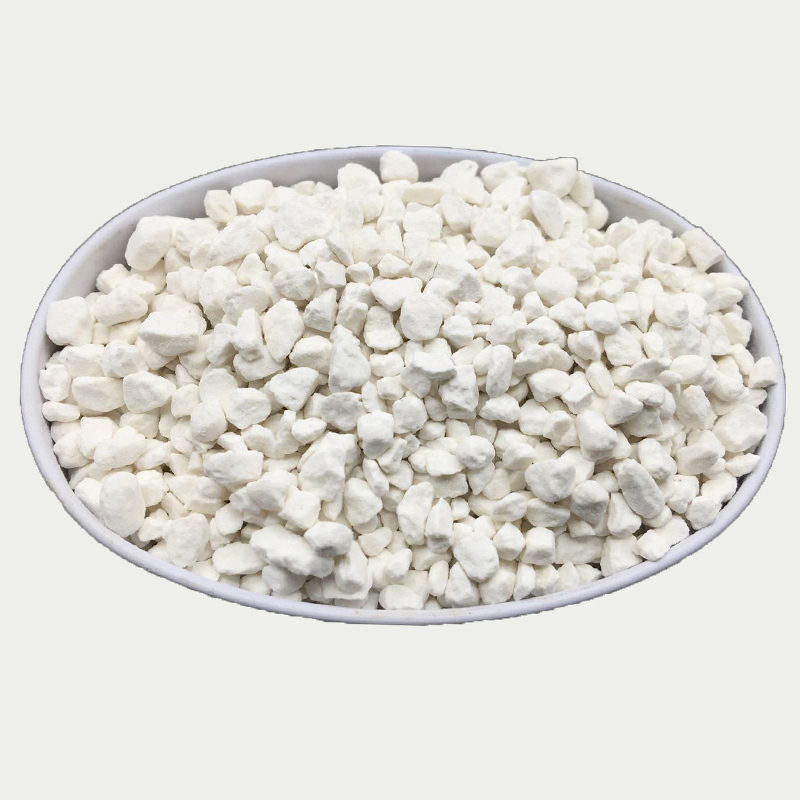
Effects of Potassium Levels on Plant Growth
Our results showed that M9T337 seedlings treated with the optimum K levels had (i) enhanced 13C accumulation and 13C transport from leaves to roots; (ii) increased root NO3– ion flow rate; (iii) relatively high N metabolic enzyme activities; (iv) up-regulated transcript levels of nitrate uptake genes (NRT1.1; NRT2.1); (v) enhanced 15N translocation from roots to leaves; (vi) higher 15NUE. In conclusion, optimum K levels can increase NUE by affecting root morphology and activity, the activity of enzymes involved in C and N metabolism, nitrate uptake genes, and nitrate transport.Цааш унших -

The role of potash in plants
Potassium is one of the major nutrients required by all crops and is present in large quantities in the plant in the form of the cation K+. It plays a major role in achieving the maximum economic yield, as part of a balanced approach to crop nutrition, as well as influencing crop quality.Potassium is fundamental to many metabolic processes through the activation of a large number of enzymes required for chemical reactions. These include the synthesis of proteins and sugars required for plant growth. Only a relatively small proportion of the plant’s total potassium requirement is needed for this. The majority is required for the essential role of maintaining the water content of plant cells. These roles are discussed below. Many are interlinked.Цааш унших -

HOW DOES POTASSIUM HELP PLANTS GROW?
Potassium (K) is an essential element for plant growth it is important to food crops. Potassium, often called potash, helps plants use water and resist drought and enhances fruits and vegetables. If soluble Potassium is deficient in soil it can stunt growth and cause other symptomatic issues. To overcome deficiencies Potassium is commonly applied to gardens, lawns and orchards as part of a balanced fertilizer. In addition, Potassium promotes healthy green lawn grass.Цааш унших

